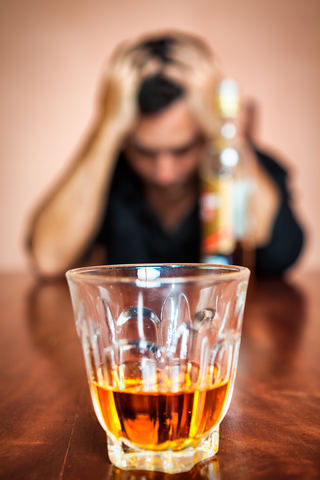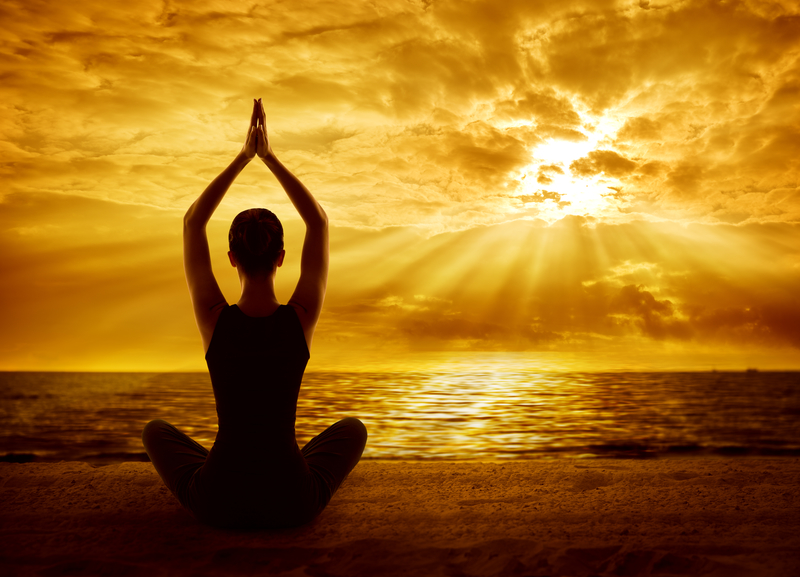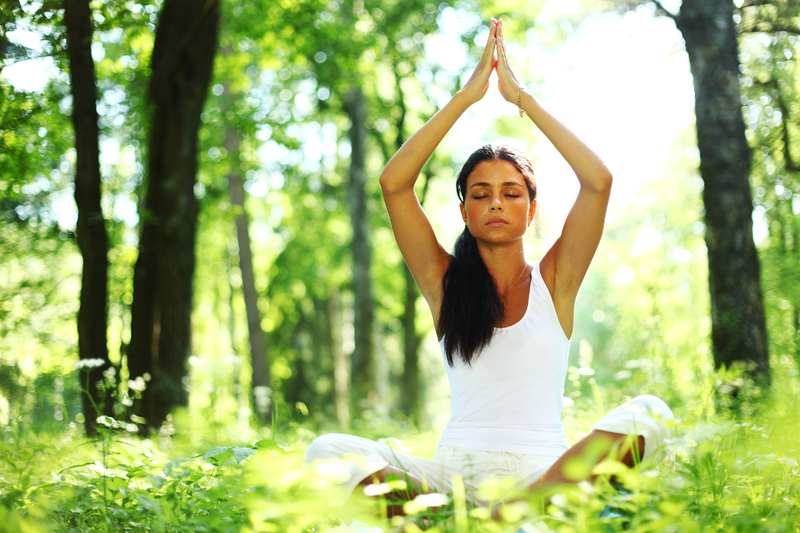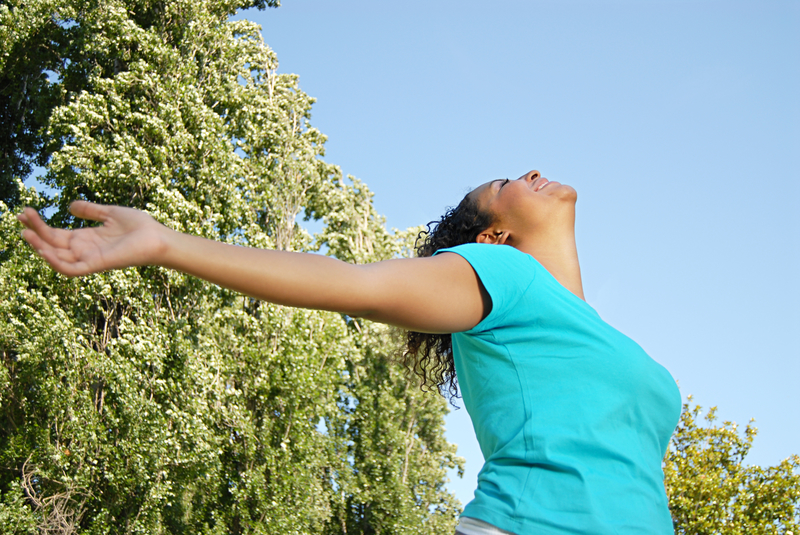As what most people say, bad habits are hard to break. This is why addiction to alcohol or drugs, as a way to deal with life, is something that’s hard to overcome. While it can be difficult for some people to recover from drug or alcohol dependence, it is entirely doable, especially if one is determined to do everything in their power to leave their dark habits behind.

There are lots of ways that can help a person recover from addiction. Nowadays, more and more programs focus on holistic approaches to achieve and maintain recovery. Yoga is considered a complementary or adjunct means – not as a replacement – to treat substance abuse and addiction.
Understanding yoga

Practitioners would say that yoga is an entirely different form of exercise. While working out at a gym, running, cycling, swimming, and other forms of physical activities are intended to tone the muscles and strengthen the body, yoga goes well beyond that. Yoga is more than just stretching, doing difficult poses, and breathing. Although it does involve moving your body and executing postures or asanas, this practice also encompasses meditation and pranayama (formal practice of breath control).
By practicing proper breathing techniques, yoga practitioners are able to drive “prana” or vital life force into their mind and body. Pranayama is important because breathing is vital in our lives. By being able to learn to breathe properly, you will be able to allow life force to freely flow throughout your body, eliminating body obstacles brought about by stress, tension, and an unhealthy lifestyle.
Meditation is the final step toward complete transformation by helping you heal emotional scars. This practice allows you to directly connect to the supreme “self” or atman. And to be able to properly perform yoga asana, you must connect your mind to your body to hasten the attainment of the enlightenment state.
As you can see, yoga, which means yoke in the original Sanskrit language, is an ever powerful practice that helps anyone who practices it not only to achieve their health goals but also to attain total mind and body transformation. This is also the reason that yoga is most beneficial to those who are recovering from alcohol and drug addiction.
The eightfold path of yoga

There are different paths or limbs in Patajanli’s Yoga Sutra, which you will go through in your yoga journey. Each one will show you how beneficial this practice is to those who are recovering from addiction.
1. Yama
This is the first limb in the eightfold path of yoga. It deals with ethical standards and integrity with a main focus on how people conduct themselves in life. It is also the universal practice of the Golden Rule, “Do unto others as you would have them do unto you.”
The five yamas in yoga are especially helpful for those who are trying to lead a life of sobriety. The five yamas are as follows:
- Satya – speaking only the truth
- Ahimsa – compassion for all living things
- Brahmacharya – personal restraint
- Asteya – avoiding jealousy and stealing
- Aparigraha – preventing oneself from being greedy
2. Niyama
Niyama refers to rules or laws for personal observance. The five niyamas are not to be simply studied. They are to be internalized and practiced.
- Sauca – purity and cleanliness
- Tapas – using one’s energy in a disciplined way
- Santosa – contentment
- Isvarapranidhana – celebration of the spiritual
- Svadhyaya – self inquiry or examination
The spiritual practices of niyama can help a person who wants to become sober live a healthier, more content life.
3. Asana
Asana is a more popular aspect or path of yoga. It is the practice of moving your body to perform postures that offer widespread benefits. Aside from improving health and gaining strength, balance and flexibility, it can help calm the mind and allow it to get into your inner being.
By practicing asanas, you will be able to develop discipline and enhance your ability to concentrate, which are essential for meditation. Doing asanas will, in turn, help you focus on recovering and leaving your dark past behind.
4. Pranayama
Pranayama means mindful breathing, which helps quiet the mind and bring calmness to your body and spirit. This is done by measuring, controlling, and directing the air you inhale to join or neutralize with the air your exhale. As a result, you will be able to achieve total balance of vital force, directing it to your chakra system.
4. Pratyahara
This is the practice of turning your attention inward, or drawing your focus away from the outside world. It also means withdrawing oneself from anything that nourishes the senses. In other words, it is the part of yoga that teaches you to control your senses to achieve internal peace. This can be helpful to a recovering alcohol or drug dependent, because you will be able to concentrate on attaining peace and forget about negative things.
5. Dharana
Beating addiction can be made easier by concentrating and performing yoga asanas regularly. The idea of dharana is to concentrate and cultivate inner awareness. This allows you to focus all your energy and attention on a single goal, which, in this case, is to recover from addiction. Once you are able to masterfully focus on one subject or point of experience, you can then achieve inner healing.
6. Dhyana
While dharana means concentration, dhyana is all about meditation. Both practices may seem to be synonymous, but dhyana is when one is being completely aware without focus. During this state, one is able to quiet the mind and produce few or no thoughts at all. To be able to reach this state, you must possess enough strength and stamina.
7. Samadhi
This is the state described by Patanjali as the state of ecstasy. It is when a person is able to achieve a profound connection with the Divine. That you are one with the Universe.
Once you are able to complete the yoga journey, you will then be able to attain peace and fulfillment. You can attain freedom from addiction. Your whole being will be enveloped by bliss and enlightenment.
Road to recovery

While yoga can do wonders for those looking to be sober for the rest of their lives, best results are achieved only when it is used with the necessary treatment, therapy, and medication.

